Description
Date: Presented at StormCon 2024 in Reno, Nevada on August 28, 2024
Speaker: Mark Miller
Credits: 0.75 PDH / Approved for all Envirocert International, Inc. (ECI) Certifications: Approval #PDH-0042
The implementation of post-construction, permanent proprietary manufactured treatment devices (MTDs) has matured significantly over the past 25 years. Water quality treatment standards for site developments commonly specify an amount of pollutant to be removed by stormwater control measures (SCMs) with a treatment goal of 80% TSS removal. Some states apply their MTD approval standards statewide while other states allow local authorities having jurisdiction (AHJs) to apply their own MTD approval standards. Furthermore, some states only provide a narrative standard for stormwater management and offer no guidance for MTD approvals. A series of maps will illustrate the geographic distribution of MTD approval standards according to: (a) statewide approval programs in 10 states, (b) select AHJs that administer their own MTD approval programs and the basis for those approvals, and (c) 12 states with narrative standards in their stormwater manuals. Statewide MTD approvals rely either on laboratory-testing or field-testing protocols that include the New Jersey Department of Environmental Protection (NJDEP) laboratory test, the NJDEP TARP Tier II field test (inactive), the Washington State Department of Ecology TAPE field test, or the California Water Resources Control Board approval process specifically for Trash Treatment Control Devices that target particles ≥ 5 mm (5,000 microns). A map will also illustrate the distribution of 10 states that include an MTD approval provision that addresses phosphorus removal. An example pertaining to MTD model sizing resulting from different particle size distributions (PSDs) between laboratory- and field-testing will be explored.
Session duration: 45 minutes
About the Presenter

Mark Miller has served as Research Scientist since 2006 for AquaShield, Inc., a manufacturer of stormwater treatment systems headquartered in Chattanooga, Tennessee. He is responsible for product development, domestic and international regulatory affairs, and directs lab- and field-testing programs. Mark is a member of the City of Chattanooga Stormwater Regulations Board. He holds an M.S. in Geology from Centenary College in Shreveport, Louisiana and a B.A. in Geology from the University of Tennessee, Knoxville.

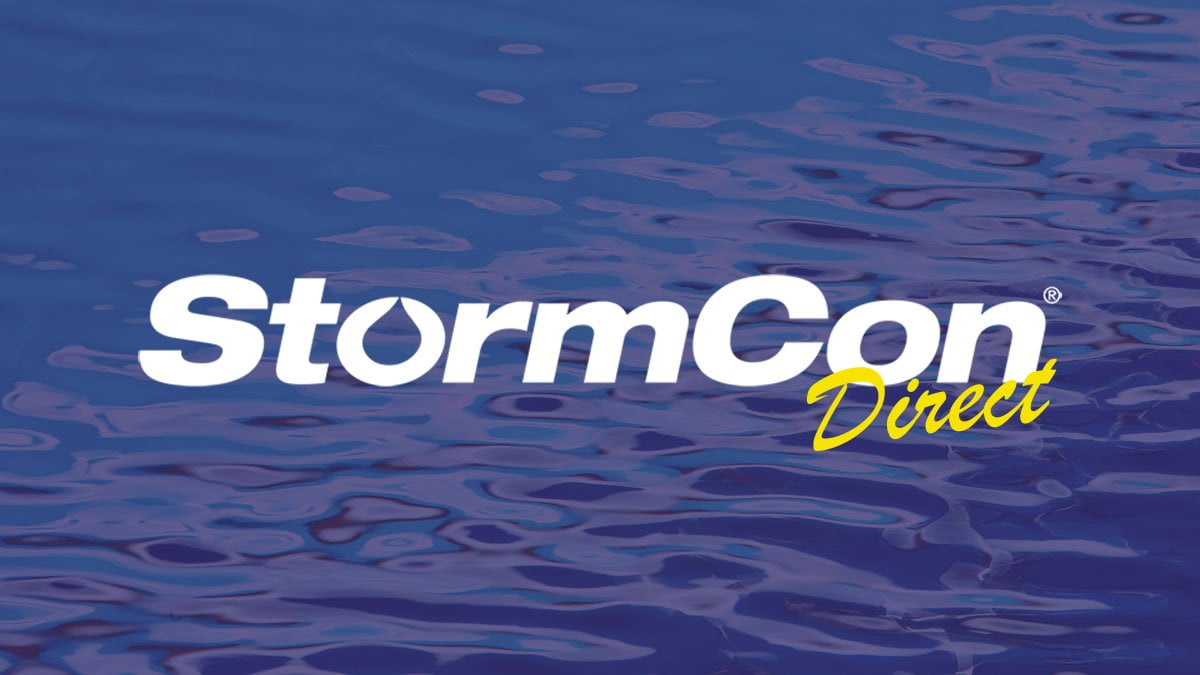
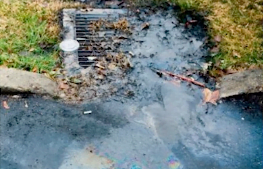
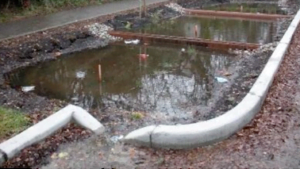

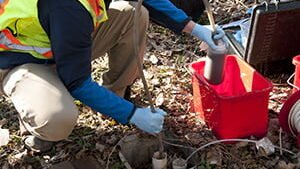

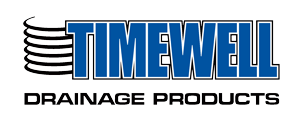

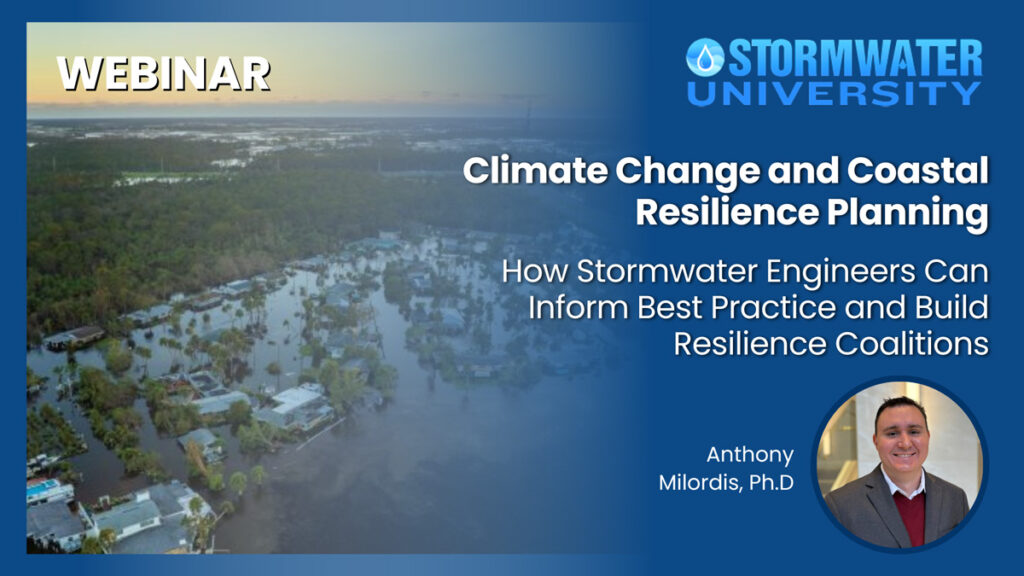

Reviews
There are no reviews yet.